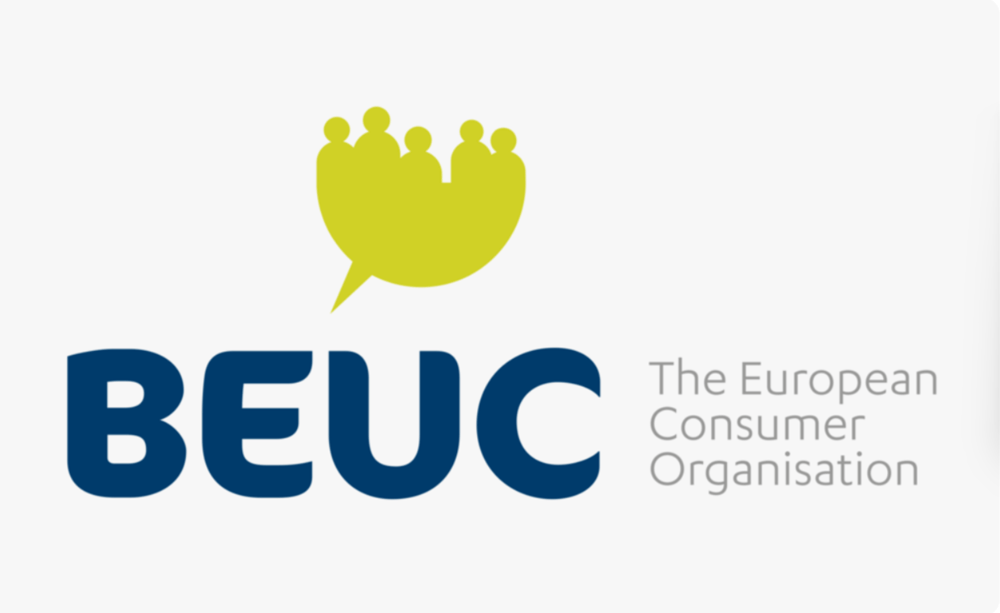BEUC Files Complaint Against Shein for “Dark Patterns” in E-commerce
The pan-European consumer advocacy organization BEUC has lodged a formal complaint with the European Commission against Shein, the fast-fashion online retailer. The complaint centers on Shein’s alleged use of “dark patterns” — manipulative design techniques aimed at increasing consumer purchases via its website and mobile application. This development highlights growing regulatory scrutiny over aggressive commercial practices in digital retail across the EU.
Examination of Shein’s Dark Pattern Tactics and Regulatory Implications
Shein’s online platforms reportedly deploy several interface designs that exploit psychological triggers to encourage impulsive buying. These include persistent pop-ups warning users against exiting the app to avoid losing access to deals, countdown timers creating artificial urgency, and infinite scrolling mechanisms that make browsing feel never-ending. Such tactics are identified by BEUC as potentially deceptive and coercive, falling under the category of “aggressive commercial practices” regulated by EU consumer protection laws.
The complaint underscores concerns about the impact of these dark patterns on consumer autonomy and transparency in online marketplaces. By leveraging design psychology, Shein’s approach could undermine informed purchasing decisions, exacerbating issues like overconsumption and buyer’s remorse. The European Commission’s response will be critical in shaping future enforcement of digital consumer rights within the bloc.

Quick Facts: BEUC’s Complaint and Shein’s Online Sales Practices
BEUC filed a complaint against Shein with the European Commission on Thursday
The complaint focuses on the use of “dark patterns” in Shein’s app and website
Tactics include pop-ups deterring users from exiting, countdown timers, and infinite scrolling
These practices may constitute “aggressive commercial practices” under EU law
The complaint raises issues around consumer manipulation and transparency
Market and Regulatory Reactions to E-commerce Dark Patterns
The issue of dark patterns has attracted increasing attention globally as digital commerce expands. Regulators in the EU and beyond are intensifying efforts to curb deceptive online sales strategies to protect consumers from manipulative interfaces. The BEUC complaint against Shein adds momentum to this trend, signaling a stricter enforcement environment.
Industry observers note that addressing such practices will require nuanced regulatory frameworks balancing innovation with consumer safeguards. Some experts anticipate the European Commission may consider new guidelines or sanctions aimed at greater transparency and ethical design in e-commerce platforms. Meanwhile, companies relying on aggressive UX (user experience) tactics might face reputational risks and legal challenges if found non-compliant.

Key Takeaways
BEUC’s complaint highlights widespread use of dark patterns in online retail by Shein.
Dark patterns exploit psychological biases, potentially infringing on consumer rights.
EU regulations classify such tactics as aggressive commercial practices.
The European Commission’s forthcoming decision could set precedent for digital consumer protection.
Increased regulatory scrutiny may compel e-commerce platforms to adopt more transparent practices.
Significance of BEUC’s Complaint for EU Consumer Protection and Digital Retail Ethics
BEUC’s formal complaint against Shein exemplifies the rising regulatory focus on unethical design practices in digital commerce. As online shopping increasingly dominates global retail, ensuring consumer rights through transparent, fair sales tactics becomes paramount. The European Commission’s response to this case will likely influence broader regulatory approaches, promoting responsible user experience design and curbing manipulative commercial behaviors. This development marks a crucial step toward enhanced consumer protection in the evolving digital marketplace.















Comments